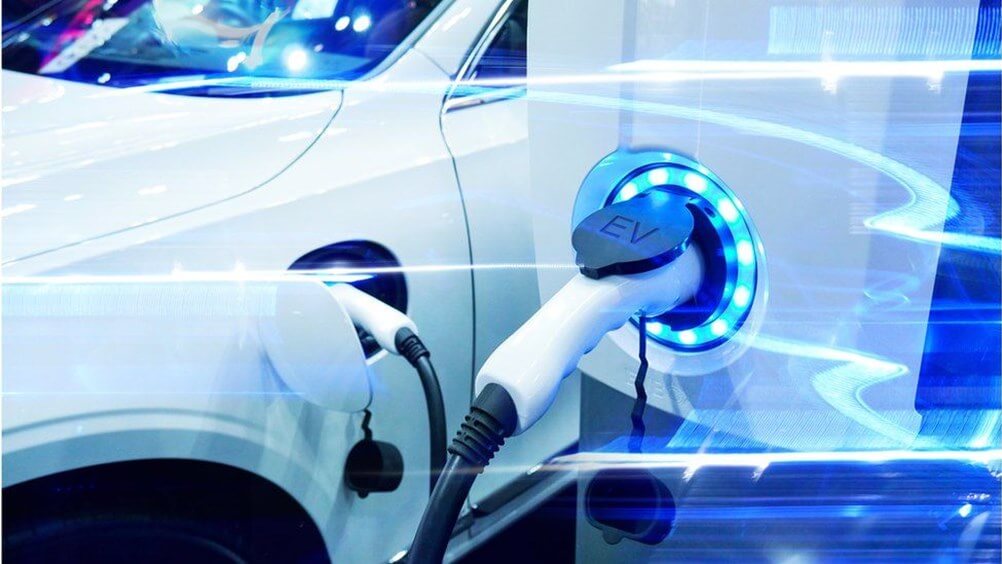How will UK government’s support package for Electric Vehicles help the sector grow?
27 Jun, 20235 mins
Electric vehicles (EVs) are, undoubtedly, the future. In December 2022, registration of new EVs overtook those of petrol cars in the UK for the first time, and through Q1 2023 global EV sales increased 32%.
But with the momentum clearly behind EVs, the UK government has faced accusations of taking its foot off the gas. In particular, the lack of charging infrastructure in the country led, during the early months of the year, to concerns that the sector’s growth could be stifled.
LEVI funds
In March, the UK government hit back at these criticisms by announcing it was investing £381m into a new Local Electric Vehicle Infrastructure (LEVI) fund, in addition to a £15m On-street Residential Charging Scheme (ORCS) package. These two funds between them will see tens of thousands of new charging points installed across the country, providing a comprehensive charging infrastructure for EVs.
Through these schemes, local authorities will be able to apply for funding to install charge points in their jurisdictions. Authorities have until November 2023 to apply, with final contract submissions expected by Summer 2024.
The Department for Transport estimates that there are currently 42,239 charge points in Britain, with 735,000 EVs registered in the country. The number of EVs is estimated to increase more than tenfold to over 10 million by 2030, implying a need for over 420,000 new charge points by this date. Additionally, the government plans to ban the sale of new internal combustion engine (ICE) vehicles at the same time, giving car manufacturers a ticking clock during which to boost their EV capabilities.
Clear direction
Initiatives like ORCS and LEVI will be critical in ensuring that the infrastructure is there to meet increased adoption of EVs. In turn, confidence that the infrastructure can support the widespread use of EVs will encourage further demand – meaning an increase in the required supply of EVs and a boost for jobs with the companies producing electric cars and their supporting technology.
Britain’s Technology and Decarbonisation Minister Jesse Norman said that the investments will give “a clear direction to manufacturers, so they can roll out new electric vehicles faster and more efficiently”.
Tesla has already spent heavily on Britain’s charging infrastructure, and soon drivers of all makes of EV will benefit from this investment. June has seen both GM and Ford commit to making their electric vehicles compatible with Tesla chargers.
170,000 jobs in EVs in the UK
Elsewhere, Britain has also won out over Spain as the location for Jaguar Land Rover’s (JLR) planned electric car battery site. The site in Somerset will become Britain’s second major battery plant, and is expected to create over 9,000 jobs. This plant has also benefited from government support, with over £800m in subsidies and grants for training and research having swayed the decision in Britain’s favour.
Indeed, JLR has been quick to respond to the implications of the LEVI and ORCS funds, with a £15bn investment into its EV manufacturing capacity announced in April. Over the next five years, this will see JLR’s Halewood factory near Liverpool become an all-electric manufacturing facility, its Engine Manufacturing Centre in Wolverhampton being rebranded as an Electric Propulsion Manufacturing Centre, and the next generation of its SUV architecture to be all-electric.
As British-based EV carmakers turn their attention towards EVs, new job opportunities will be presented. Stephen Gifford, Chief Economist at the Faraday Institution, estimates that the UK’s EV sector could employ over 170,000 people in manufacturing, 35,000 in gigafactories, and 65,000 in battery supply chains by 2040.
This doesn’t cover the jobs that will be created in software firms developing and perfecting supporting technology for EVs. For example, Edinburgh-based Mapix Technologies are involved in developing Light Detection and Ranging (LiDAR) technology, a leading computer vision solution for self-driving cars to create a 3D map of the world around them by deflecting eye-safe laser beams off surrounding objects.
US support
Britain isn’t the only country whose government is seeking to incentivise EV production. On top of the tax credits for North America-based manufacturers in last year’s Inflation Reduction Act, the Biden administration is providing direct incentives for domestic producers. On 22 June, Ford received a $9.2bn loan from the US government to build three new EV battery plants.
Oho Group is proud to partner with the most innovative engineers in electric vehicles and other cutting edge industries, in the UK and the US. Speak to us today to find out how we can help drive your business’s growth as the world shifts to next-generation vehicles.



